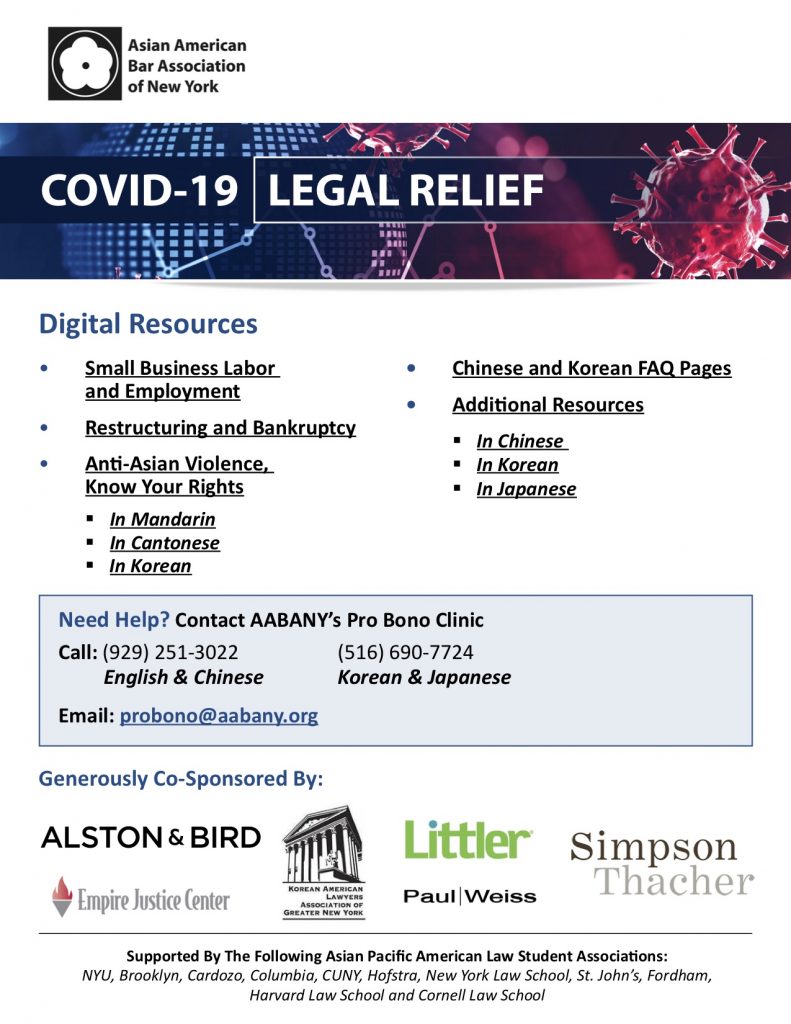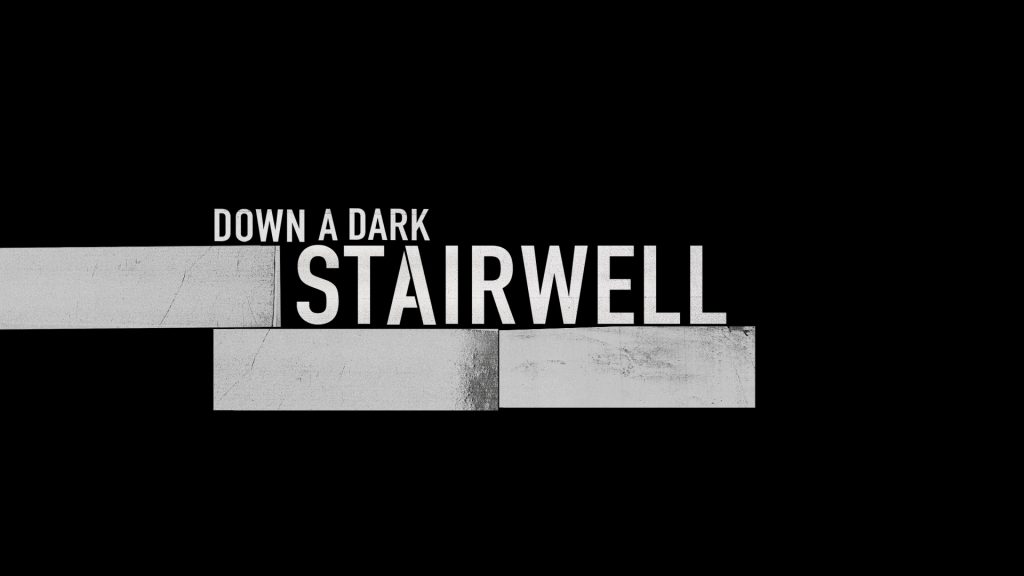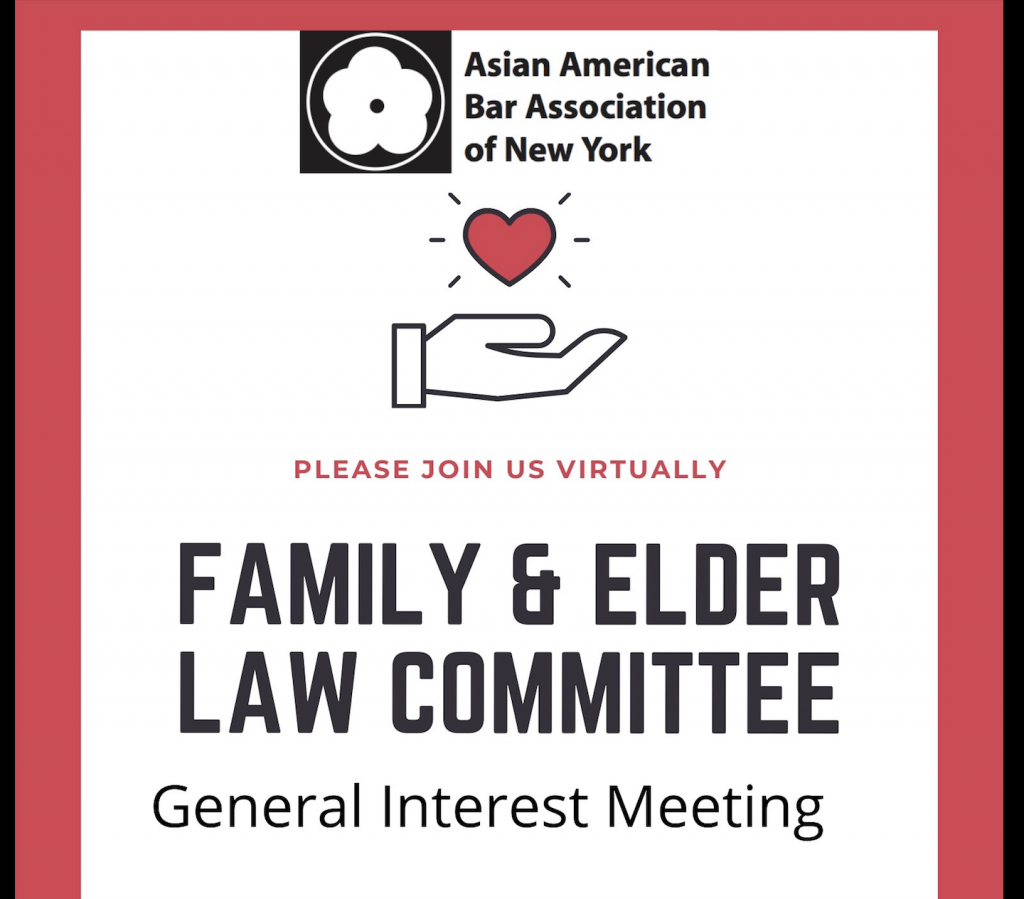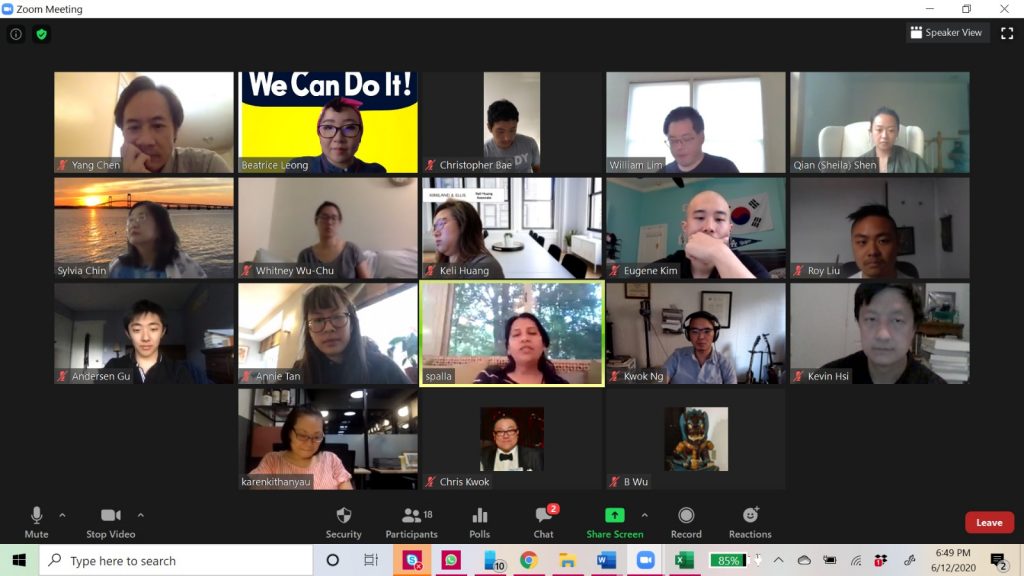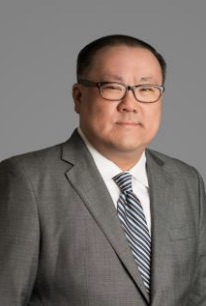The Asian American Bar Association of New York (AABANY) commemorates Juneteenth, the unofficial holiday marking the declaration of legal freedom for African Americans from slavery. On June 19, 1865, news of the Emancipation Proclamation, which had been issued over two and a half years prior, finally reached African Americans in Texas, which was then the outermost reaches of the Confederacy. Since then, Juneteenth has been dedicated to honoring the bravery and history of African Americans, who continue to fight for social, political, and economic equality. As Asian Americans continue to struggle alongside African Americans to assert common voices for equality and civil rights, we build bridges that bring our two communities together in the shared fight towards greater equity. AABANY celebrates Juneteenth in the spirit of our theme this year: “Stronger Together: Unity in Diversity.”
Below is a list of resources for everyone to use to continue learning. Most of these resources are free or discounted, but if you are able to purchase them, please consider doing so as a way to show support for the work of these Black artists, filmmakers, and writers.
FILMS
13th: Netflix (subscription not needed)
I Am Not Your Negro: Amazon Prime (free)
Just Mercy: Amazon Prime (free), Youtube (free)
Selma: Amazon Prime (free), Youtube (free)
The Black Panthers: Vanguard of the Revolution: Amazon Prime (included with subscription)
Toni Morrison: The Pieces I Am: Amazon Prime (available to rent for $0.99)
The Black Power Mixtape 1967-1975: Amazon Prime (free)
When They See Us: Netflix (included with subscription)
Say Her Name: The Life and Death of Sandra Bland: HBO (included with subscription)
The Hate U Give: Amazon Prime (free), Youtube (free)
ONLINE LIBRARIES
http://www.goldwomyn.com/bilphenasonlinelibrary
https://drive.google.com/drive/mobile/folders/1vJTfZMZvrh3sEpF6unAdi8ZUDYAkgzUt
BOOKS & ESSAYS
The Fire Next Time, James Baldwin
Giovanni’s Room, James Baldwin
Between the World and Me, Ta-Nehisi Coates
The Warmth of Other Suns, Isabel Wilkerson
Roll of Thunder, Hear My Cry, Mildred D. Taylor
The Hate U Give, Angie Thomas
Stamped from the Beginning, Ibram X. Kendi
A People’s History of the United States, Howard Zinn
White Fragility: Why It’s So Hard for White People to Talk About Racism, Robin DiAngelo
So You Want To Talk About Race, Ijeoma Oluo
The Burning House: Jim Crow and the Making of Modern America, Anders Walker
The New Jim Crow, Michelle Alexander
The Condemnation of Blackness, Khalil Gibran Muhammad
How To Be An Antiracist, Ibram X. Kendi
A Different Mirror: History of Multicultural America, Ronald Takaki


